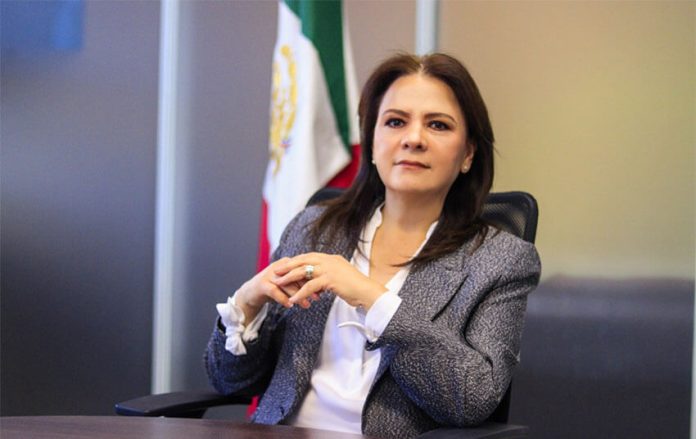The federal access to information agency (INAI) has ruled that the National Tourism Promotion Fund (Fonatur) must deliver privacy notices related to the Maya Train project in a range of indigenous languages.
Such notices have been issued to people whose land has been expropriated for the construction of the 1,500-kilometer railroad, which will run through Chiapas, Tabasco, Campeche, Yucatán and Quintana Roo. They set out citizens’ privacy rights and explain how their personal details will be protected, the newspaper Reforma reported.
INAI said in a statement that it ruled that Fonatur, which is managing the Maya Train project, must offer the privacy notices in Mayan, Mixtec, Chinantec, Mazatec, Mixe and other languages in the Mayan, Oaxaca Chontal, Uto-Nahuatl and Mixe-Zoque linguistic families.
“Indigenous people, like any person, have the right to be informed in their language,” said INAI commissioner Norma Julieta Del Río Venegas when proposing the ruling at a virtual meeting attended by the seven commissioners on Wednesday.
She noted that the Federal Transparency Law “establishes the obligation” to provide information to people in indigenous languages.
INAI’s ruling came after a person asked Fonatur for privacy notices and other information related to a property expropriation in a range of indigenous languages.
According to INAI, Fonatur responded that it wasn’t able to attend to the request and suggested that it be directed to the Ministry of Agrarian Development and Urban Planning.
Unhappy with the response, the claimant appealed to INAI, complaining specifically about Fonatur’s failure to provide translated privacy notices.
INAI said the appeal it received didn’t complain about the failure to provide an expropriation decree and other information in the desired indigenous languages so its directive to Fonatur doesn’t extend to those documents.
Indigenous communities have previously complained about not being properly consulted about the US $8 billion project, which is slated to begin operations in late 2023, although a federal court recently suspended environmental permits for three sections.
In 2019, the Mexico office of the United Nations High Commissioner for Human Rights raised a range of concerns about the consultation process prior to a vote on the project, among which was that translations of information into indigenous languages were inadequate, if they existed at all.
With reports from Reforma
